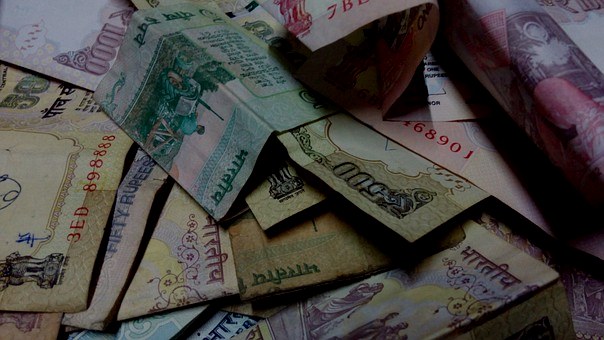Budgetary exercise for 2017-18 is complete with Lok Sabha passing the Finance Bill on Wednesday i.e. 22 March 2017. Below are the changes that will be applied consecutively;
- In the case of National Pension System (NPS), partial withdrawal to the extent of 25 per cent of the contributions by the employee for emergencies shall not be taxable. This is in addition to the exemption of 40% of the total amount at the time of withdrawal. Further, to equalize an individual who is an employee and who is self-employed, the latter is now eligible for deduction up to 20% of his gross total income in respect of contribution made to NPS
- The set off of loss originating from house property (which is a difference between rental income and interest paid on loan) shall be allowed only up to a limit of Rs 2 Lakh. Currently, there was no upper limit for the same. The balance loss will be allowed to be carried forward to next 8 years
- The requirement to deduct a 5% TDS (Tax Deducted at Source) for rental payments above Rs 50,000 per month. This will ensure that the recipients of large rental incomes disclose their full income in order to claim the TDS
- To qualify as a long-term asset, the holding period of a property will be reduced to two years from three years and hence the immovable property held beyond two years will be taxed at reduced rate of 20%
- The base year for indexation of cost for the purpose of calculating long-term capital gain has been shifted to April 1, 2001. This means lower profits on sale and reduction in long term capital gain
- Tax exemption available on reinvestment of capital gains in notified redeemable bonds in addition to NHAI and REC bonds
- No deduction allowed under Rajiv G andhi Equity Saving Scheme from the assessment year 2018-19. The tax saving scheme was announced in the budget for the financial year 2012-13 and provided tax relief to the first time investors in the securities market with gross total income below the specified limit. Due to the lack of clarity, the scheme could not take off properly and hence withdrawn. If the investor has already claimed deduction under this scheme, he shall be allowed to avail the deduction for next 2 years
- Tax rates halved from 10% to 5% on income of individuals earning between Rs 2.5 Lakh to Rs 5 Lakh
- Rebate under section 87A available for resident individuals reduced from Rs 5,000 to Rs 2,500 and no rebate on income above Rs 3.5 Lakh unlike Rs 5 Lakh earlier
- 10% surcharge on the income tax for income between Rs 50 Lakh to Rs 1 Crore. Existing surcharge of 15% will remain the same for income above Rs 1 Crore
- In order to encourage the startups and small firms, the corporate tax has been reduced from 30% to 25% for firms with an annual turnover of up to Rs 50 Crore
- Real estate firms will be eligible to avail tax exemptions if they finish their project within five years. Instead of 3 years as provided earlier
- Start-ups will have the option of being exempted from income tax for any three years in their initial seven years of operation
- One page form will be introduced for filing the tax return for individuals having taxable income up to Rs 5 Lakh excluding business income. No scrutiny will be subjected on the person filing I-T return for the first time under this category unless the department has specific information regarding his high-value transactions
- Aadhaar will now be compulsory for filing income tax return and obtaining/retaining PAN. The PAN will become invalid if not linked with Aadhaar before July 1, 2017
- Rs 10,000 will be charged as penalty in case the return is not filed on time from the assessment year 2018-19. Rs 5000 will be charged, if the return is late but is filed in the same assessment year by 31 December. However, if the total income of the person is not more than Rs 5 Lakh, the penalty shall not exceed Rs 1000
- The revised return has to be filed by the end of the assessment year or before the completion of the assessment, whichever is earlier. The current time limit for revision of return was one year from the end of assessment year. This reduction will help expedite the assessment process
- Income tax officers can now conduct a search without having to provide any reason for it. Earlier it was m andatory for tax authorities to have “reasons to believe” that a search was necessary
- Earlier the income tax authorities could only seize assets that were the subject of the search, but now any property can be “provisionally seized” during a search
- Cash transactions above Rs 2 Lakh banned. The proposed limit in the finance bill was, however, Rs 3 Lakh. Spending above the stated limit will invite penalty equivalent to the amount of transaction
- The cash donations to political parties are restricted Rs 2000. To donate above that and anonymously to political parties, people can make use of the electoral bonds. The Bill has removed the upper limit for the donations by companies to political parties and further companies will not be required to disclose the name of the political party to which the donation has been made.


























